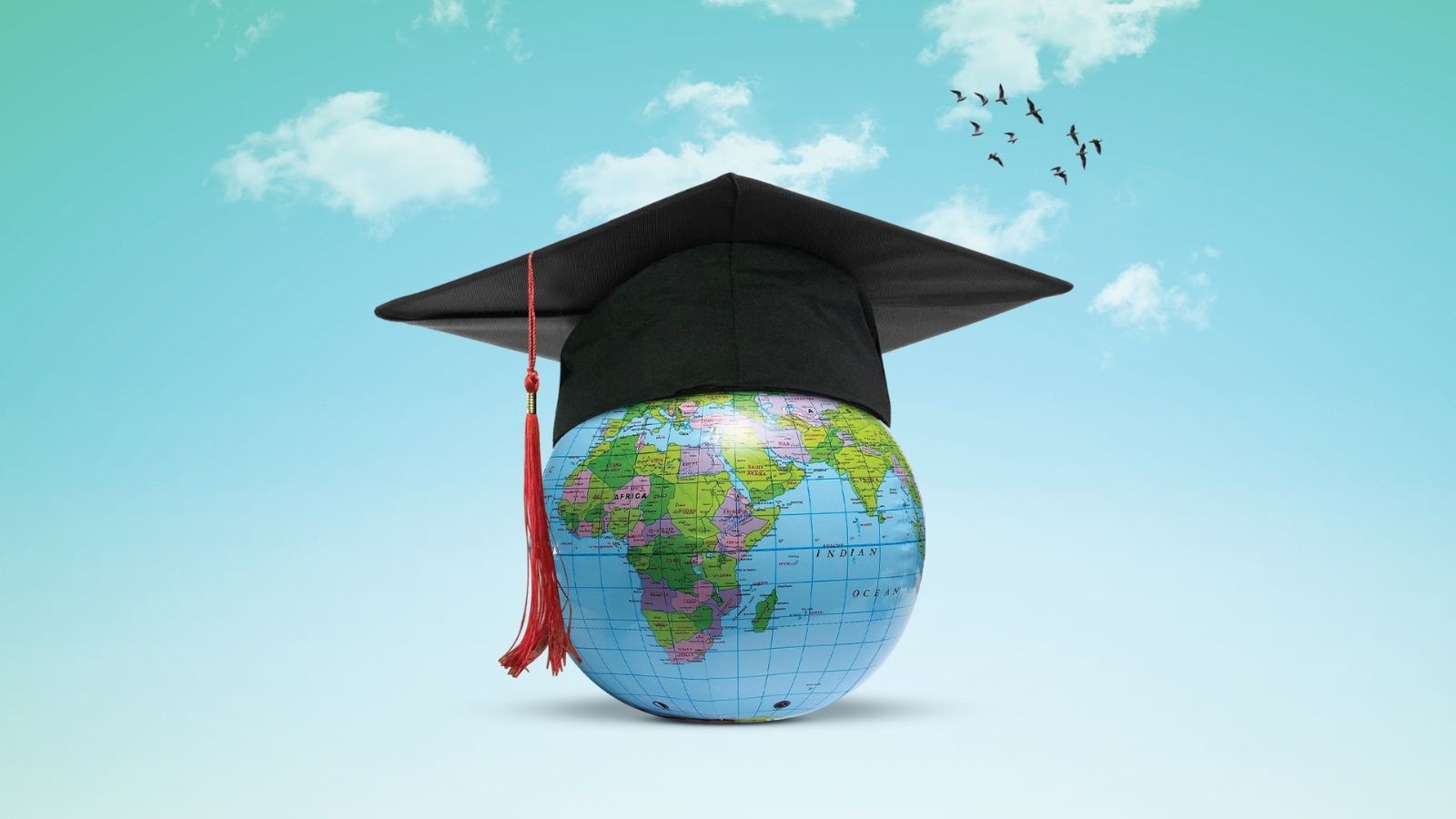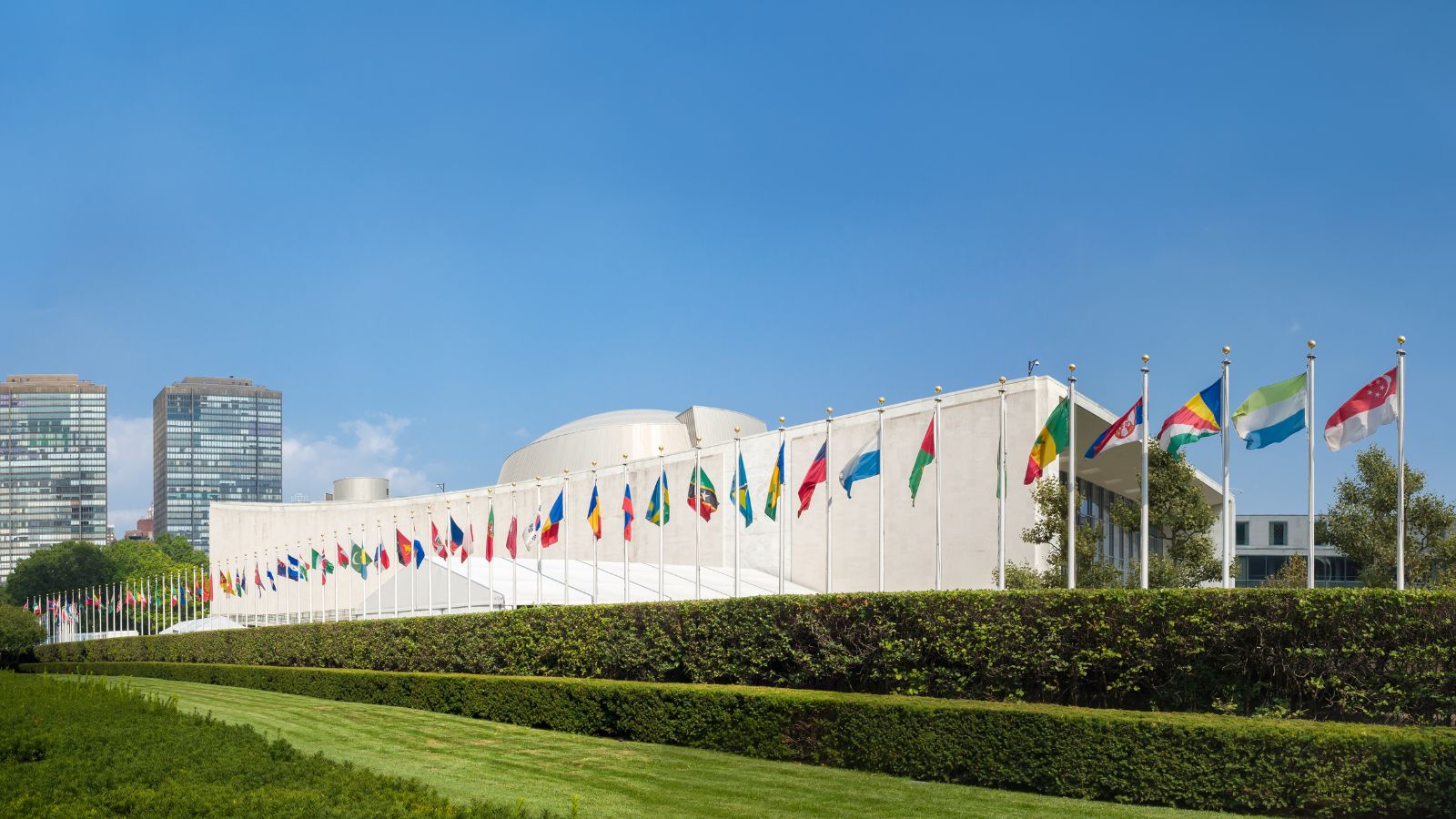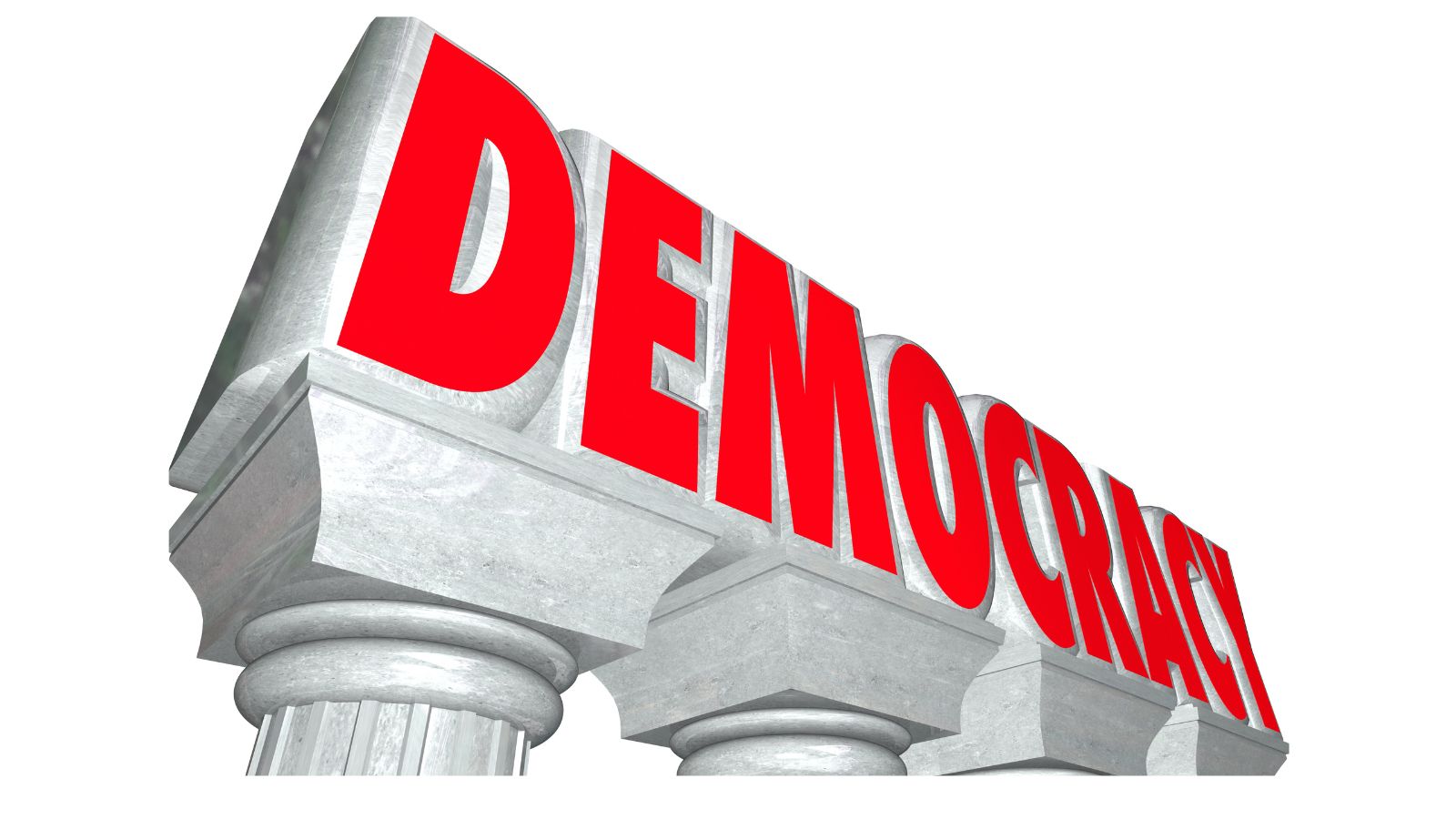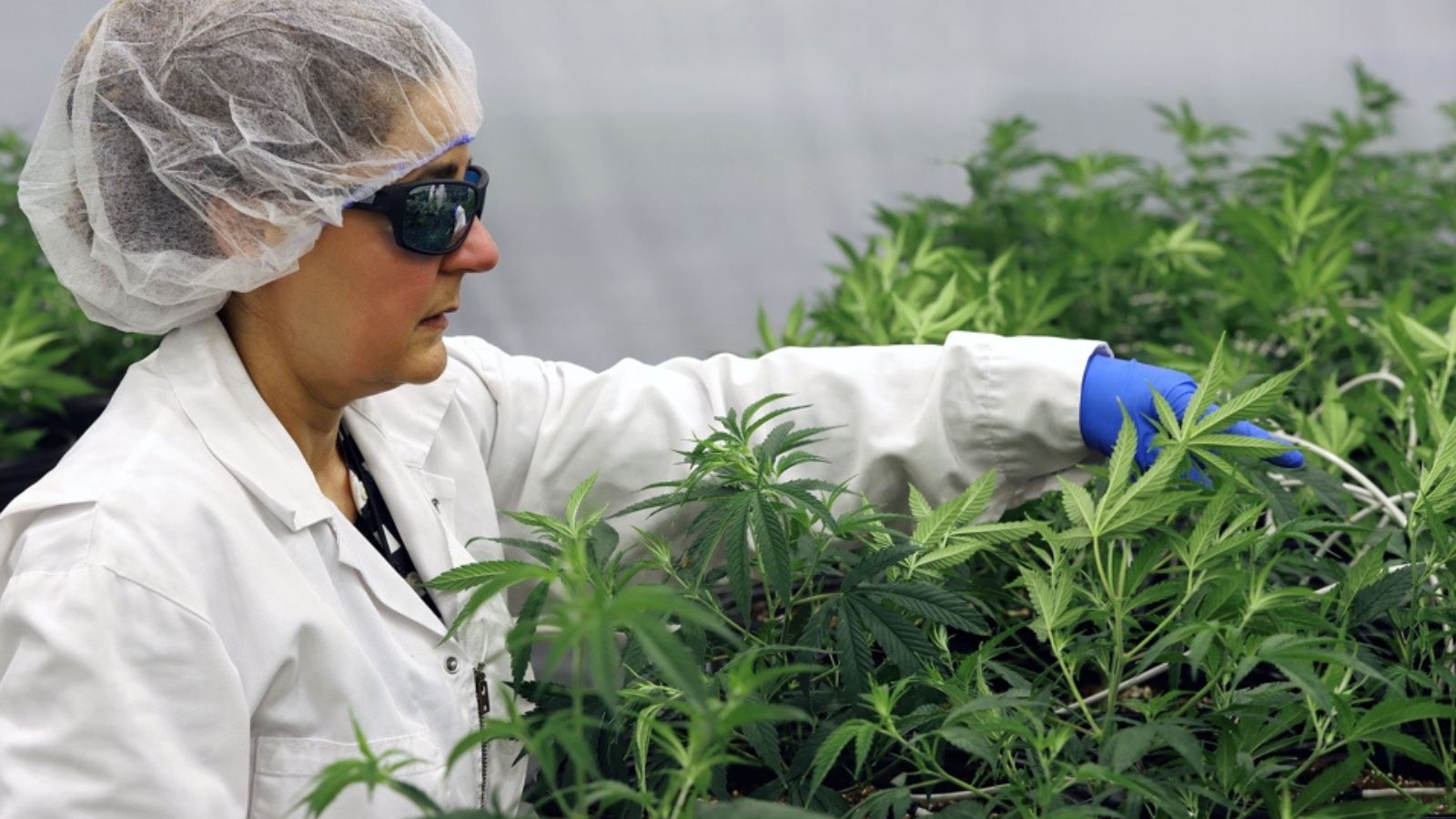Canada may not always be at the forefront of the global spotlight, but its consistent excellence across multiple spheres hasn’t gone unnoticed. While Americans may not openly admit it, there’s a long list of reasons they quietly admire Canada. Here’s a closer look at 23 aspects of Canadian life that command quiet respect—and sometimes even a touch of envy—from Americans.
Universal Healthcare

Canada’s universal healthcare system remains one of the most cited reasons Americans admire their northern neighbor. Administered by the provinces but publicly funded, it ensures that basic medical services are available to everyone regardless of income. Americans often cite the affordability and accessibility of Canadian healthcare as something they wish for in their own country. While not without its issues, such as wait times, the absence of medical bankruptcy is a major selling point. Polls have shown that a significant number of Americans favor adopting a similar system.
Gun Control Laws

Canada’s firearm regulations are much stricter than those in the U.S., and this has led to significantly lower rates of gun violence. Background checks, mandatory safety training, and limitations on certain types of firearms are the norm in Canada. The country’s measured approach to gun ownership is often held up as an example of how a society can balance individual rights with public safety. While gun culture is deeply ingrained in parts of the U.S., there is growing admiration for Canada’s ability to implement and enforce laws that contribute to safer communities.
Political Civility

Canada’s political environment, while not without its controversies, is generally more civil than the often combative and polarized atmosphere in the U.S. Political debates tend to be more issue-focused, and personal attacks are less prevalent. Leaders across party lines often collaborate on issues of national importance. Americans, weary of partisan gridlock and toxic political discourse, often remark on the difference in tone when watching Canadian political proceedings.
Education System

Canada consistently ranks among the top countries in global education rankings. Public education is widely accessible and of high quality, and the country’s literacy and numeracy scores are among the highest in the OECD. Canadian universities are also globally recognized, offering excellent value for tuition compared to American institutions. Student debt levels are significantly lower, and access to post-secondary education is more equitable. For Americans burdened by soaring tuition fees and student loans, Canada’s model of accessible and affordable education is a point of admiration.
Public Transit in Cities

Major Canadian cities, such as Toronto, Vancouver, and Montreal, boast integrated and reliable public transportation systems. These systems reduce traffic congestion, lower emissions, and improve the quality of life for residents. Americans living in cities with poor transit infrastructure often point to Canadian systems as models worth emulating. The federal and provincial governments regularly invest in transit infrastructure, showing long-term planning. With innovations such as all-electric bus fleets and contactless payment systems, Canada continues to move ahead in urban mobility.
Bilingualism and Multiculturalism

Canada’s official policy of multiculturalism and bilingualism (English and French) reflects a commitment to inclusivity and respect for diversity. The federal government actively promotes cultural heritage through policy and funding. Immigration is generally viewed positively by most Canadians, and new arrivals are well-integrated into a society that respects their diverse backgrounds and cultures. For Americans grappling with divisive debates on immigration and identity, Canada’s approach is both aspirational and admired. The ability to maintain national unity while embracing cultural diversity is something many Americans view with respect.
Environmental Stewardship

Canada is home to vast natural resources and has taken significant steps to protect its environment. The country has implemented carbon pricing, conservation programs, and green energy initiatives. While not perfect, its environmental policies are often seen as more proactive than those in the U.S. Canadian cities regularly rank high for cleanliness and air quality. Americans concerned about climate change often look to Canada’s environmental policies as a roadmap. Additionally, the country’s participation in global environmental agreements, without significant domestic backlash, draws quiet admiration.
Peacekeeping Legacy

Canada has a longstanding reputation for peacekeeping and diplomacy. It has played a significant role in numerous United Nations missions and continues to promote global stability. This contrasts with the U.S., which is often viewed as more militarily aggressive. Canada’s approach to foreign policy emphasizes dialogue, cooperation, and multilateralism. For Americans weary of endless military engagements, Canada’s international role as a calm mediator is appealing.
Lower Crime Rates

Canada consistently reports lower crime rates than the United States across multiple categories. This is often attributed to social programs, community policing, and a less punitive criminal justice system. Americans frequently cite Canada’s lower rates of violent crime, particularly gun-related incidents, as evidence of a more secure society. Urban centers in Canada are generally considered safe, and the perception of safety contributes to a higher quality of life. The contrast is stark for American cities with rising crime rates.
Strong Social Safety Net

Canada’s social safety net comprises programs such as employment insurance, child benefits, and public pensions, which help mitigate poverty and income inequality. These programs are funded through a progressive taxation system and enjoy broad public support. Americans often look at the stability and security these programs provide with a sense of longing, particularly during economic downturns. During the COVID-19 pandemic, Canada’s quick rollout of the Canada Emergency Response Benefit (CERB) showcased the efficiency of its social programs, drawing international attention and praise.
Affordable Universities

The cost of university education in Canada is significantly lower than in the U.S., both for domestic and international students. Tuition fees are regulated, and government grants and scholarships are more accessible. While American students graduate with an average debt of over $30,000, Canadian students tend to face significantly lower financial burdens. This affordability does not come at the expense of quality, with institutions like the University of Toronto and McGill ranking among the best globally. For Americans, the Canadian education model offers a practical and desirable alternative.
Popular Culture Influence

Canada punches above its weight in global popular culture. From music stars like Drake and The Weeknd to actors like Ryan Reynolds and Sandra Oh, Canadians have become global icons. Canadian content regulations have also fostered a vibrant domestic media industry. American admiration for Canadian pop culture is often unspoken but visible in media consumption. Shows like “Schitt’s Creek” and “Letterkenny” have found massive audiences in the U.S., showcasing Canadian humor and storytelling.
Sportsmanship and Olympic Performance

Canada’s sports culture is marked by excellence and grace. Whether it’s hockey dominance or Olympic medal hauls in winter sports, Canadians consistently perform at elite levels. The country’s investment in youth sports and athletic infrastructure yields results that Americans often respect. Canada’s athletes also tend to conduct themselves with professionalism and humility, traits admired by fans worldwide. Events like the Vancouver 2010 Winter Olympics showcased Canada’s ability to host world-class sporting events, earning accolades even from skeptical American audiences.
Transparent Governance

Canada consistently ranks high in global indexes for transparency, low corruption, and good governance. Public institutions are generally trusted, and a robust legal framework exists for accountability. Americans often express frustration over governmental opacity and the influence of special interests in their own country. In contrast, Canadians benefit from freedom of information laws, independent watchdogs, and an engaged civil society. These factors contribute to a more functional democracy, which observant Americans do not overlook.
Clean Cities

Canadian cities regularly rank among the cleanest in the world. Urban planning, efficient waste management, and strong public policy contribute to this reputation. Cities like Vancouver and Calgary are renowned for their cleanliness, which not only enhances public health but also boosts tourism. American visitors often remark on the absence of litter, the well-maintained public spaces, and the overall sense of order. This attention to cleanliness and public upkeep is quietly admired, particularly by residents of American cities where such standards are inconsistent.
Legal Cannabis Nationwide

Canada became the first G7 nation to legalize recreational cannabis in 2018. This move was seen as both bold and responsible, with a clear regulatory framework in place to manage sales and usage. Americans, many of whom live in states with patchy legalization laws, often view Canada’s nationwide approach as more coherent and consistent. Legalization also brought tax revenue and reduced the burden on the criminal justice system. As more U.S. states move toward legalization, Canada’s early adoption is often cited as a benchmark for others to follow.
Polite Public Culture

Canadians are often stereotyped as polite, but this generalization is not without merit. Public interactions in Canada tend to be more courteous, and social norms emphasize respect for others. This civility is noticeable to American visitors, especially in customer service and public spaces. In a society where kindness is institutionalized through public messaging and community expectations, the benefits extend beyond manners. Americans often remark on how refreshing it is to encounter polite engagement in everyday life.
Efficient Elections

Canada’s elections are run by an independent agency and are known for their transparency and efficiency. The process is streamlined, with paper ballots, universal voter registration, and short campaign periods. Americans dealing with long campaign cycles, voter suppression issues, and controversial results often admire Canada’s straightforward system. Federal elections in Canada typically conclude within hours of polls closing, offering a contrast to the extended ballot counting and litigation that often occur in the U.S.
Progressive Cities

Canadian urban centers are known for forward-thinking policy initiatives. Cities like Vancouver and Toronto lead in green building codes, urban density planning, and social services. These progressive policies enhance the quality of life and promote sustainability. Americans interested in urban development often look to Canadian cities as models for smart growth. Pilot programs in transit, housing, and renewable energy frequently originate in Canadian municipalities before being considered by American cities.
World-Class Infrastructure

Canada consistently invests in infrastructure, ranging from highways and public buildings to internet connectivity. Programs like the “Investing in Canada Plan” allocate billions toward national projects. As a result, Canadian infrastructure is generally modern and well-maintained. American infrastructure, by contrast, is often criticized as aging and underfunded. The gap in quality and reliability, particularly in rural and remote areas, has prompted admiration for Canada’s commitment to infrastructure renewal.
Better Work-Life Balance

Canadians typically enjoy more paid vacation, maternity leave, and public holidays than their American counterparts. Labor laws emphasize worker protection and time off, contributing to a better work-life balance. For Americans used to fewer vacation days and minimal parental leave, Canada’s labor protections are highly appealing. Workplace culture in Canada also tends to prioritize well-being, a factor increasingly valued by younger generations in the U.S.
Low Homelessness Rates

While not immune to homelessness, Canada has lower rates per capita compared to many U.S. cities. Government housing programs, mental health services, and social supports contribute to this outcome. Cities like Medicine Hat, Alberta, have even achieved functional zero homelessness through targeted interventions. Americans frequently cite these examples in policy discussions, pointing to Canada’s approach as both humane and effective.
Trusted News Media

Canadian media institutions, including the CBC, maintain relatively high levels of trust among the public. Fact-based reporting and public accountability have helped protect the credibility of the media. In contrast, American media is often fragmented and polarized, with declining public trust. Many Americans admire Canada’s ability to maintain a media landscape that informs rather than divides its citizens. Public funding and regulatory frameworks lend credibility to this approach, providing a model that some Americans wish their country would adopt.
21 Products Canadians Should Stockpile Before Tariffs Hit

If trade tensions escalate between Canada and the U.S., everyday essentials can suddenly disappear or skyrocket in price. Products like pantry basics and tech must-haves that depend on are deeply tied to cross-border supply chains and are likely to face various kinds of disruptions
21 Products Canadians Should Stockpile Before Tariffs Hit
